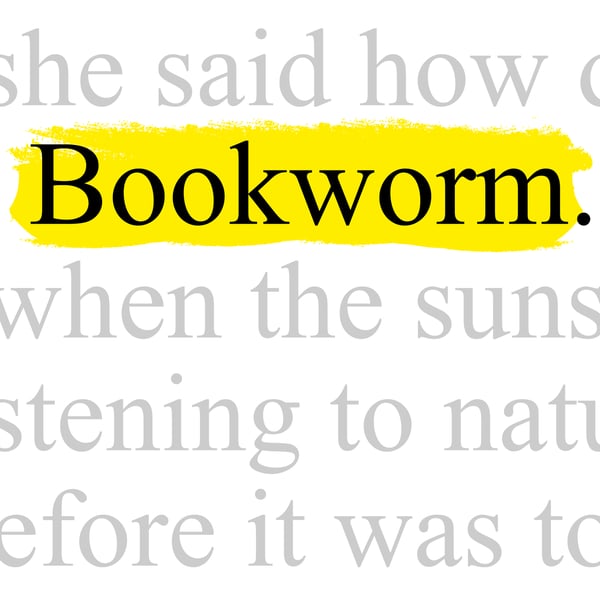Summary
Transcript
Click on a timestamp to play from that location
| 0:00.0 | You are a human animal. |
| 0:05.0 | You are a very special breed, or you are the only animal, who can think, who can reason, who can read. |
| 0:18.0 | Hi, this is Michael Silverblad, and welcome to Bookworm. Today my guest is |
| 0:22.1 | June Jordan, and it's on the occasion of two new books. One of them is from high-risk |
| 0:28.7 | press, which is a division of Serpent's Tale, called Haruka Loves Poems, and the other is from |
| 0:36.3 | vintage. It's the paperback edition of her book of essays, |
| 0:39.5 | technical difficulties. And I guess, oddly, I wanted to begin by talking about an essay of |
| 0:46.5 | yours that thrilled me that wasn't from either of these books, but it's the essay on Phyllis Wheatley. |
| 1:01.0 | And she was the first black American poet, and you make a case for her being one of the very first American poets. |
| 1:07.0 | I wondered whether you could speak about people's poetry. |
| 1:16.5 | Well, in the case of Phyllis Wheatley, it's a heartbreaking, complicated situation to try and |
| 1:24.8 | fathom because, of course, she was brought here as a seven-year-old little girl from Africa to the slave block here on auction. |
| 1:34.3 | And, you know, her people, for example, the people of that poet would have been her mother and father from whom she'd been stolen away. |
| 1:45.3 | And then she came here and she was adopted by a white family. |
| 1:52.1 | And comparatively speaking, she was fortunate because they recognized very quickly that she was, in fact, a stone genius. |
| 2:09.6 | And they, you know, Titt taught her to read and write and so on in this language, which was other than her own native language clearly. |
| 2:20.0 | And so she, she, I do think she was the first American poet because I don't think you can find anybody before, Phil Sweetly. |
| 2:20.9 | I may be mistaken. |
| 2:21.9 | I don't think so. Who was writing about distinctly American subjects, you know, and trying to endow them with kind of majesty of importance and so on that, for example, English poets previously might have attributed to somebody ascending to the throne or something like that, you know, one of the Henrys or what have you. |
| 2:50.7 | But at the same time, she was, of course, an African-American, truly. |
| 2:58.1 | And you can find in her early verse some really moving and anguished references to having been, to the loss of her family and of her original people, you know, |
| 3:17.6 | whom she could never hope to find or join again. |
... |
Please login to see the full transcript.
Disclaimer: The podcast and artwork embedded on this page are from KCRW, and are the property of its owner and not affiliated with or endorsed by Tapesearch.
Generated transcripts are the property of KCRW and are distributed freely under the Fair Use doctrine. Transcripts generated by Tapesearch are not guaranteed to be accurate.
Copyright © Tapesearch 2025.

